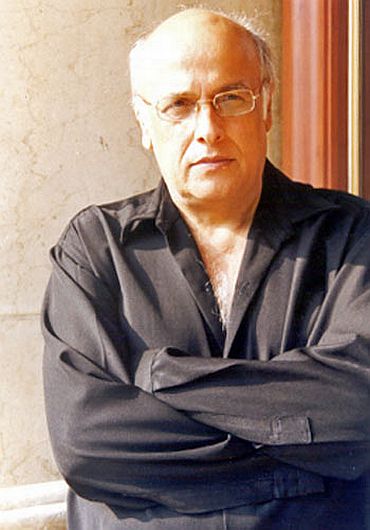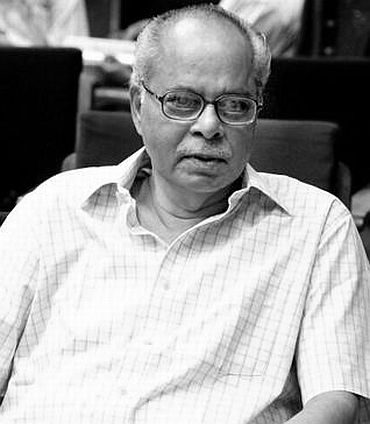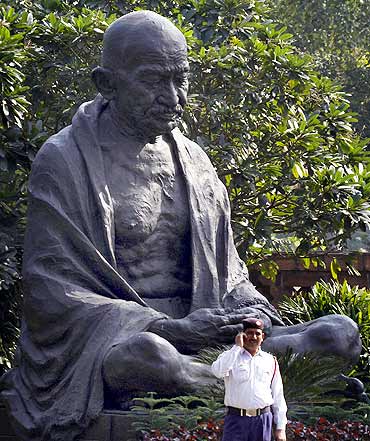
Noted filmmaker Mahesh Bhatt and eminent historian K N Panikkar have raised questions on Anna Hazare's anti-corruption movement, accusing him of adopting an "authoritarian" approach in selecting civil society members in the joint drafting committee on Lokpal Bill.
Mahesh Bhatt's Take
"Methods adopted by Hazare to press his demand has an element of coercion, as he has left no room for discussion, debate and exchange of views. There is no true representation of civil society in the Joint Committee. He has adopted an authoritarian approach," Bhatt told a joint press conference in New Delhi.
On Hazare's praise for Gujarat Chief Minister Narendra Modi, Bhatt said one cannot ignore the aspect of "communal corruption" as it is one of the major problems the country faces now.
"How could he praise Narendra Modi for prosperity of Gujarat and not talk about the need to root out the menace of communal corruption? Until and unless you address the problem of communalism, this movement will not succeed," he said.
"The attitude of Hazare is that of justifying the past history of communal violence...I want to ask Anna Hazare: I am with you in your fight against corruption but are you with me in my fight?" he said.
Cast your VOTE on the issue at the end of this debate...
Click on NEXT to go further...
Also See: Debate: Should Shanti Bhushan quit Lokpal panel?

"The real problem is the centralisation of authority. This has not been addressed by the Bill," he said, expressing fears that the legislation would create a "permanent state of emergency" and it goes against the principals of democracy.
"There is no representative character in the joint committee...The most glaring aspect of the Bill is that it comes to play only after the event. Its role is not to prevent corruption but to punish the corrupt. We need to find means to prevent corruption first," the former JNU professor said.
The Jan Lokpal Bill alone cannot stop corruption and this "monster (corruption) has been nurtured by all of us including me", he said.
